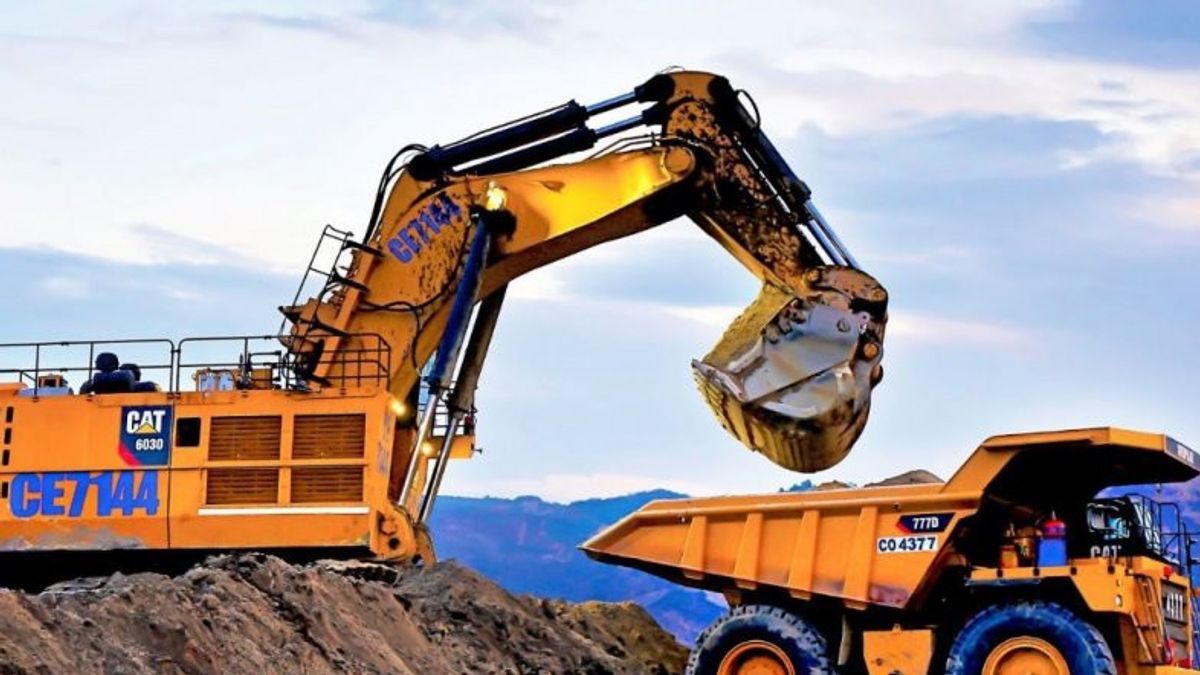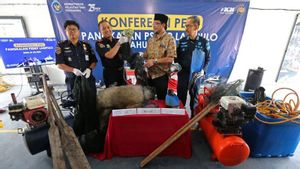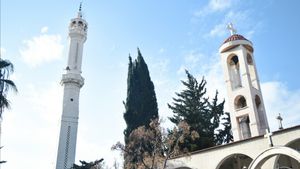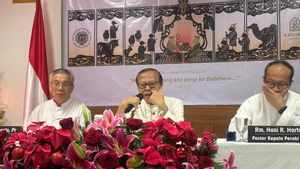JAKARTA The verdict against the three defendants in the tin mining case in Bangka Belitung was handed down by the Central Jakarta District Court last Monday. This decision further strengthens the perception that the mining industry, especially tin, is one of the main causes of environmental damage.
Energy observer from Gadjah Mada University (UGM), Fahmyxi, stated that environmental damage is a natural consequence of mining activities. However, according to him, what is more important is environmental recovery efforts, such as reclamation, to minimize negative impacts.
"Middles anywhere, both legal and illegal, must damage the environment. Therefore, the granting of mining business permits (IUP) is accompanied by the obligation to restore environmental conditions through reclamation," said Fahmy, Tuesday, December 24.
Fahmy added that although mining has an environmental impact, this industry also contributes greatly to state revenues and economic activities of the surrounding community. Therefore, mining entrepreneurs are expected to carry out environmental responsibility so that negative impacts do not drag on.
All mines, be it tin, coal, or nickel, are part of the extractive industry that definitely damages the environment. However, the damage can be repaired through reclamation, although it costs a lot of money," said Fahmy.
As long as mining entrepreneurs carry out operations legally, including fulfilling their reclamation obligations, Fahmy assesses that there is no reason for them to worry about facing criminal threats.
"The profit of the mine is very large. If part of the profit is allocated for reclamation costs, it shouldn't be a problem. The important thing is that the legal process and responsibility for the environment are still being carried out," explained Fahmy.
In this case, the Central Jakarta District Court sentenced three defendants from PT Refined Bangka Tin (RBT). Harvey Moeis was sentenced to 6 years and 6 months in prison, a fine of Rp. 1 billion, and the obligation to pay compensation of Rp. 210 billion.
The President Director of PT RBT, Suparta, received a sentence of 8 years in prison, a fine of Rp. 1 billion, and paid compensation of Rp. 4.5 trillion. Meanwhile, the Director of Business Development of RBT, Reza Andriansyah, was sentenced to 5 years in prison, a fine of Rp. 750 million, and a subsidiary of 3 months in prison.
This case is a strong warning for mining business actors not to ignore legal obligations and environmental responsibility.
The English, Chinese, Japanese, Arabic, and French versions are automatically generated by the AI. So there may still be inaccuracies in translating, please always see Indonesian as our main language. (system supported by DigitalSiber.id)













